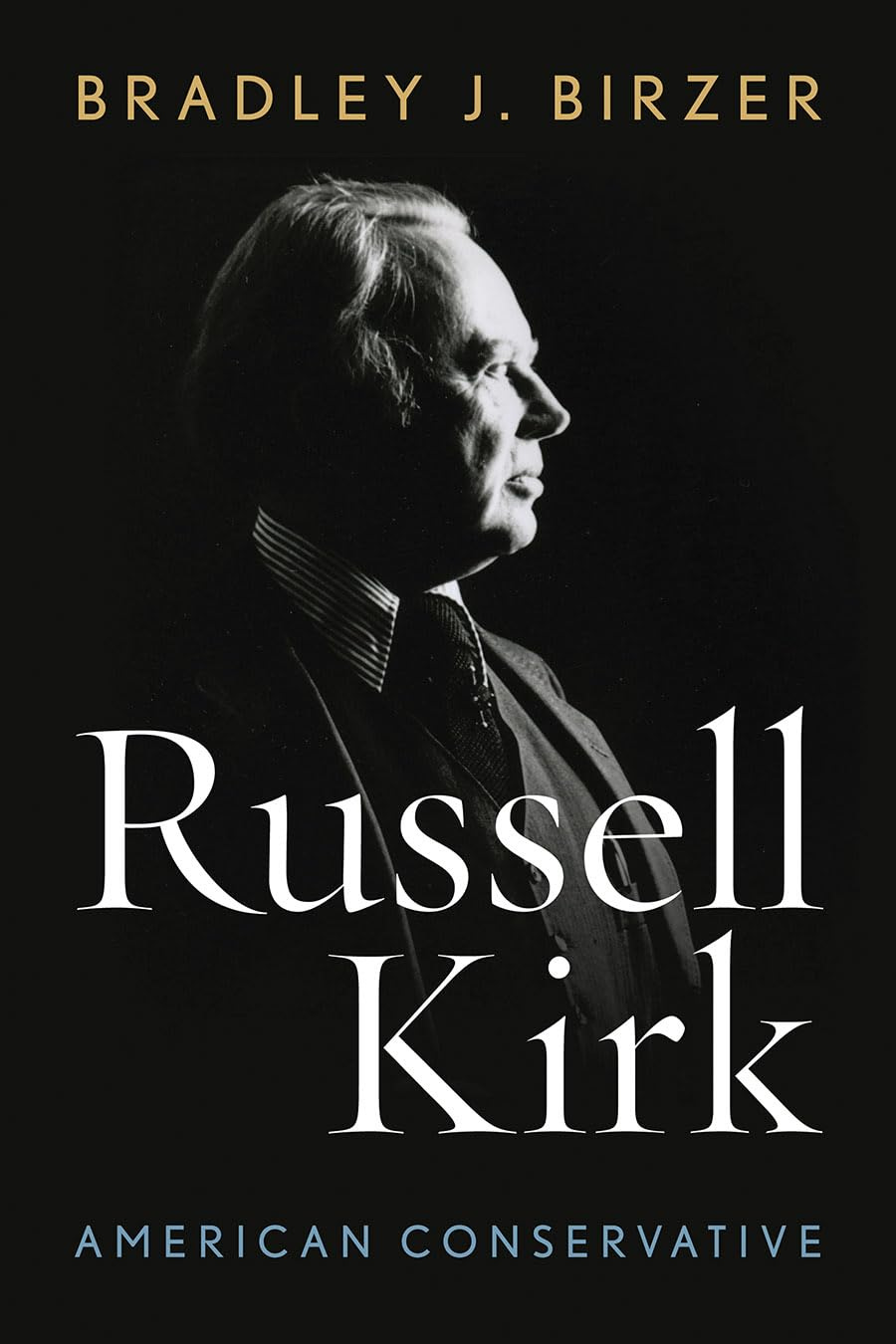On Biographies
A favorite teacher and mentor for over twenty years is also a remarkable biographer.
Bradley J. Birzer published an address he gave yesterday at Hillsdale College titled ‘The Art of Biography’ which is well worth reading.
In it he makes a striking claim:
“No man truly knows himself, and, certainly, no man really knows another. A biographer’s work is always and everywhere poetic.”
This is correct, and the more the biographer takes it to heart the greater the biography.
Take Birzer’s own Russell Kirk: American Conservative. Kirk was so much more than his nationality and politics and Brad would be the first person to tell you that. But both his nationality and his politics were the focus of much of his life’s work. Russell Kirk: American Conservative gives the us an appreciation of Krik’s understanding of America and conservatism and also tells the story of how one man’s powerful understanding shaped a political movement. It’s also the tale of the limits of how much any one man, even a genius like Kirk, can shape a movement.
Gertrude Himmelfarb’s Lord Acton: A Study in Conscience and Politics give us what we need to gain a robust understanding of Acton’s conception of freedom and politics. It outlines the political theology at the core of both. It paints a picture of an ideological road not, or at least not yet taken, of a liberalism “religious in temper, which is able to cope with the facts of human sin and corruption.”
Vinay Satpati’s Half Lion: How P.V. Narasimha Rao Transformed India gives us not only a robust understanding of the making of contemporary India but something more. Half Lion shows us that political reform is not the result of historical necessity but the product of a particular kind of people. People capable of imagining a new world and deft at pulling the levers of the old world to birth it.
Biographies are not merely works of history but art. They teach us not just about their subjects but the world and ourselves. Some historians are uncomfortable with this.
At the conclusion of F is for Fake Orson Welles weaves the tale of an art forger who declares:
“Do you think I should confess? To what? Committing masterpieces?”



I'm deeply honored by this, Dan. Your good words mean everything to me! Thank you, Brad